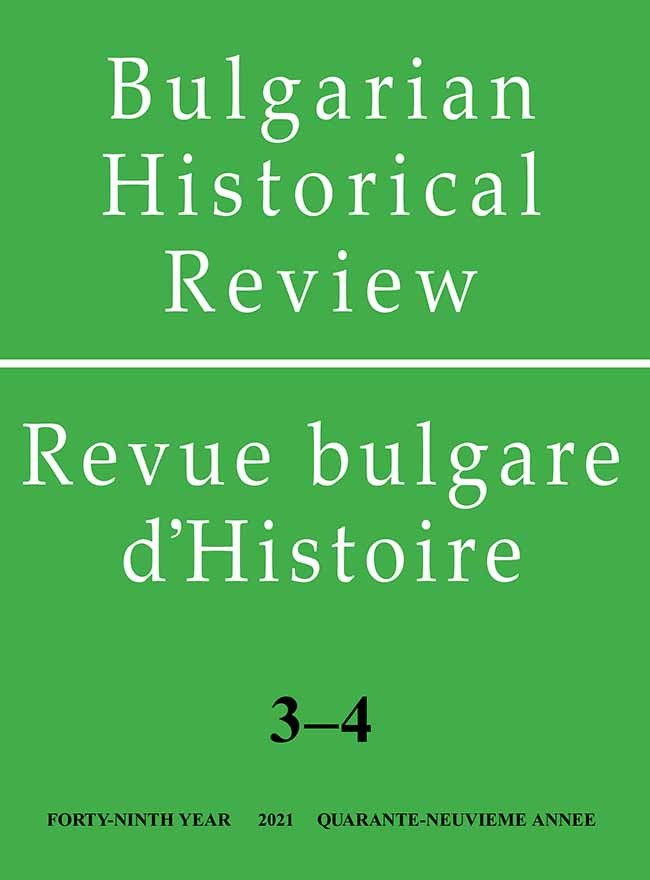“Русский фактор” в болгарской внешней политике в 90-е годы ХХ века
The “Russian Factor” in Bulgarian Foreign Policy in the 1990s
Author(s): Irina YakimovaSubject(s): History, Cultural history, Diplomatic history, Political history, Recent History (1900 till today), Special Historiographies:, Transformation Period (1990 - 2010), Post-Communist Transformation
Published by: Институт за исторически изследвания - Българска академия на науките
Keywords: Bulgarian-Russian relations; reorientation; Eastern Europe; post-socialist transition; the 1990s; geopolitics; Russia; NATO; EU;
Summary/Abstract: This article aims to refute the thesis launched by some Western authors that the Bulgarian foreign policy process continued to be controlled by Moscow even after the country left the Soviet sphere in the early 1990s. In view of this, the concept of the “Russian factor” in the foreign policy of post-socialist Bulgaria was introduced into scientific use in the context of reflections on its geopolitical “distance” from post-Soviet Russia and its integration into the Euro-Atlantic space. Citing examples from the diplomatic practice of Bulgarian-Russian relations, the author tries to prove that very soon after the end of the Cold War Sofia and Moscow took completely different political directions, as “Russian influence” was quickly neutralized by alternative ideas of Bulgarian pro- western spatial reorientation. In the 1990s, Bulgaria was already far from the definition of “the most faithful Soviet satellite”. This was a period in which the country was gradually entering a qualitatively new stage in its historical development, when the Russian Federation no longer had the role of “big brother” as in Soviet times, but was simply one of its many equal international partners.
Journal: Bulgarian Historical Review / Revue Bulgare d'Histoire
- Issue Year: 2021
- Issue No: 3-4
- Page Range: 227-258
- Page Count: 32
- Language: Russian
- Content File-PDF

